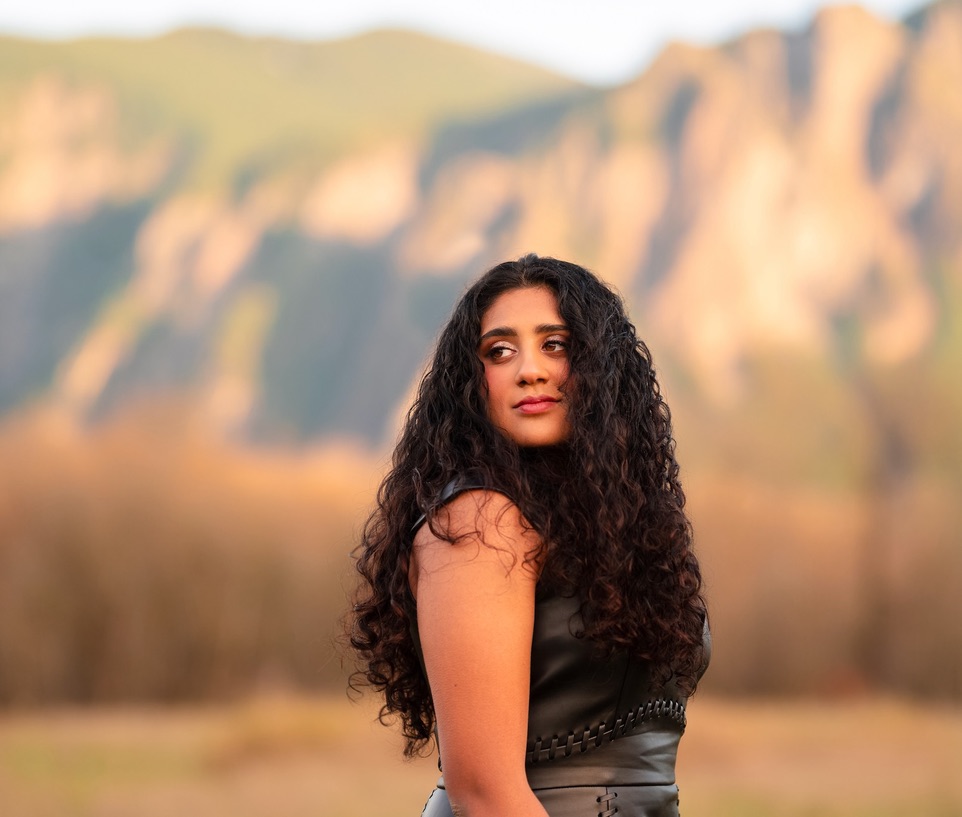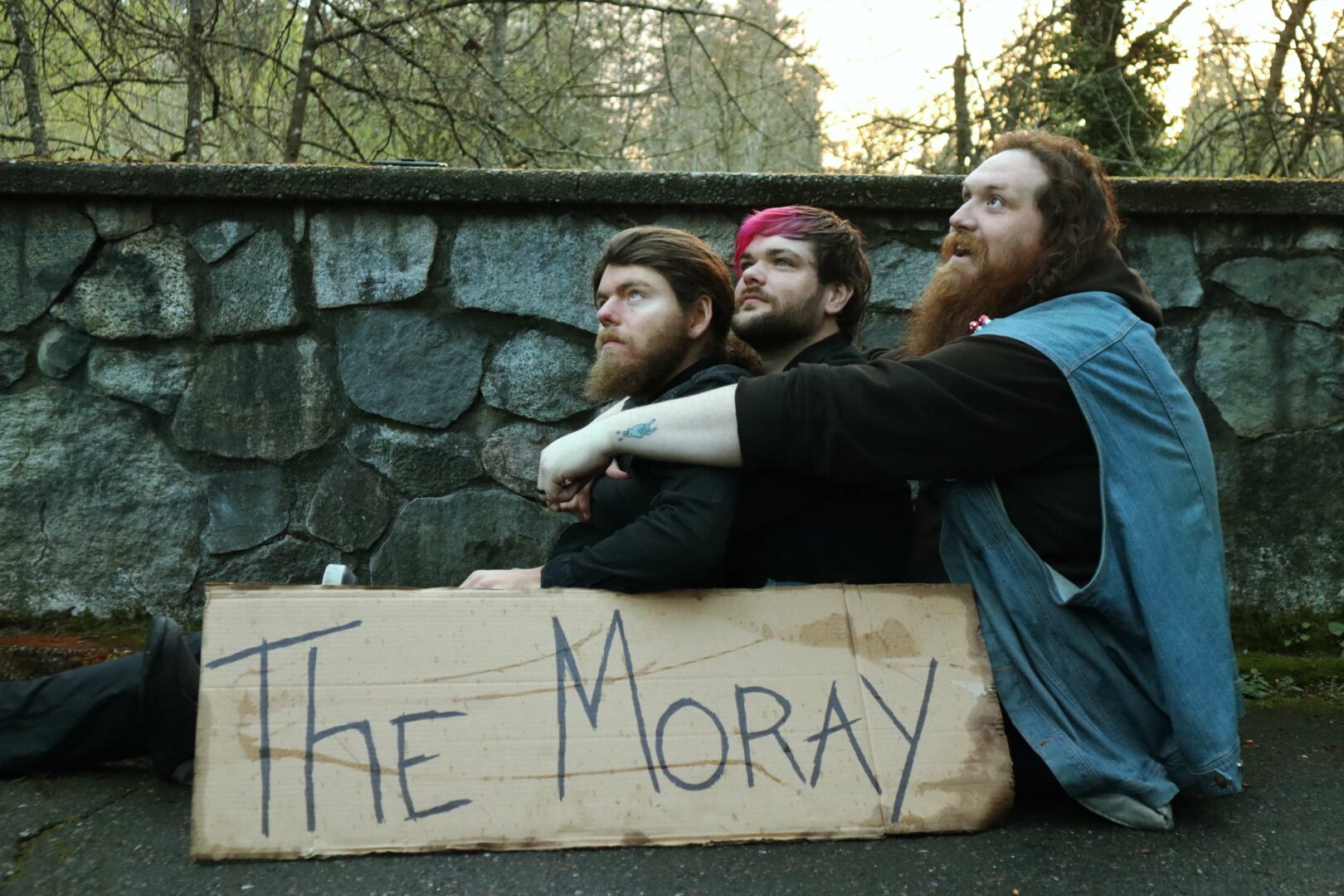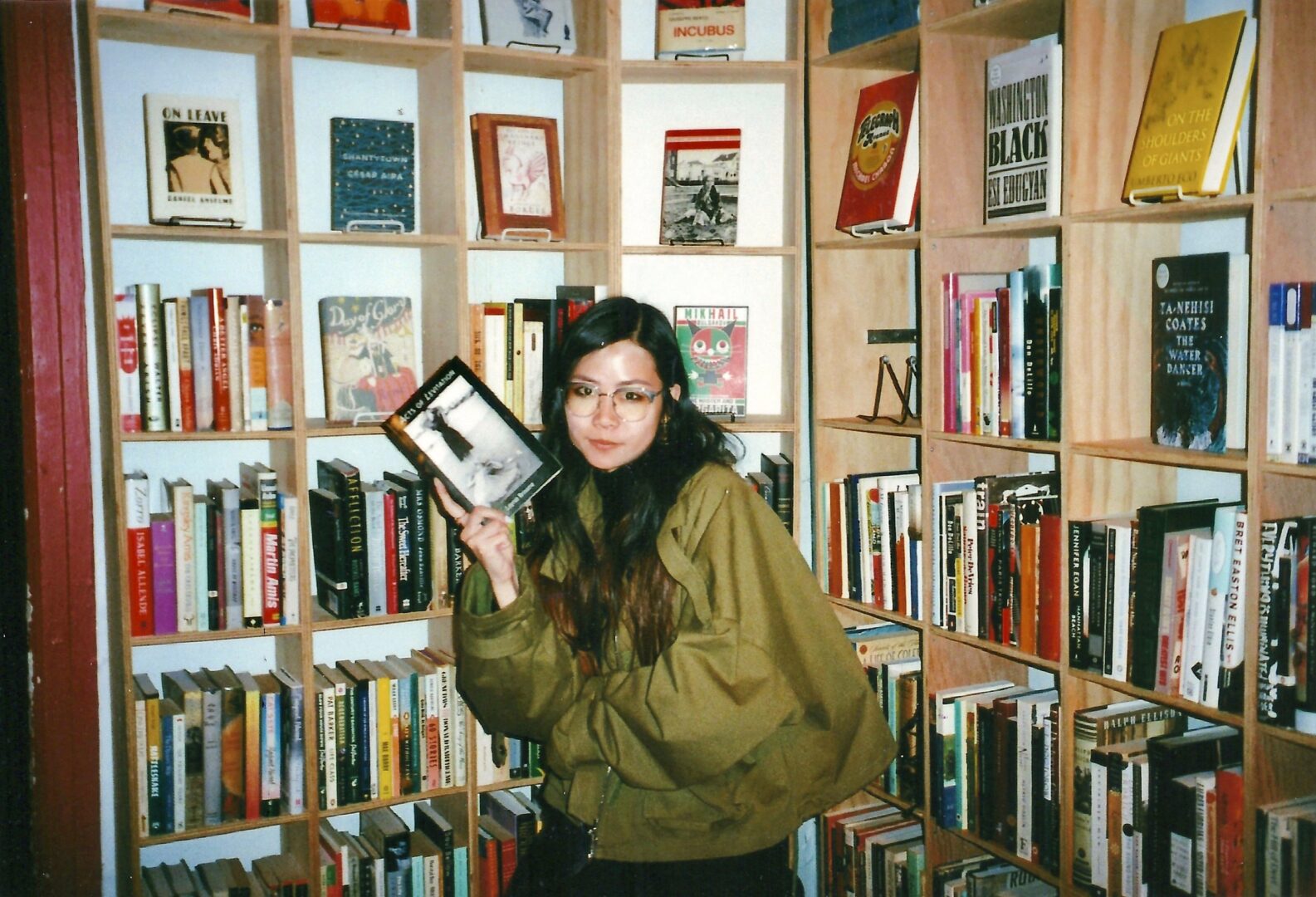We’re excited to introduce you to the always interesting and insightful Sanjana Satagopan. We hope you’ll enjoy our conversation with Sanjana below.
Sanjana, thanks for taking the time to share your thoughts with us today. We’re excited to dive into your story and your work, but first let’s start with a broader topic that might be stopping many of our readers from pursuing their dreams – haters, nay-sayers, etc. How have you managed to persist despite haters and nay-sayers that inevitably follow folks who are doing something unique, special or off the beaten path?
Its really hard to say exactly how I persist because of this, but I can start with a story.
When my cofounders and I first had the idea to create EcoLearning Together, many people I knew didn’t think it would work out or grow to be such a big nonprofit. My close friends and most of family supported me, but other people I asked to help out would constantly reject it. I remember one family member saying that creating a full nonprofit was a ‘silly’ idea and I didn’t know what I was getting myself into. Adults I asked for support would often suggest joining another nonprofit, but the thing was, I tried. I tried to join so many different ones and got rejected. That is what pushed me to create my own initiative.
The part that my family member said where I didn’t know what I was getting into was true. As EcoLearners started, we originally needed funding for everything. And while all of us founders got jobs, that approach was not sustainable. We needed to get funding from grants and sponsorships, and soon donors. As we consistently applied, every company shut the door in our faces. I wasn’t sure what it was. It gave the impression that our cause wasn’t worth the time – like I bet half of them didn’t even review our application. It felt so easy to feel like there was no hope, and the companies that rejected us were right.
I don’t know what it was, but its hard to get out of that mindset. For me, knowing our cofounders were working together helped me feel like we had some purpose. That we still at least had a chance. It helped knowing youth were still involved in our mission and that we were doing the right thing. I think though, once I seperated that my worth did not rely on my achievements, it helped me feel less bogged down all the time. That is something that takes time, and you will never fully accomplish, but you grow to start doing.
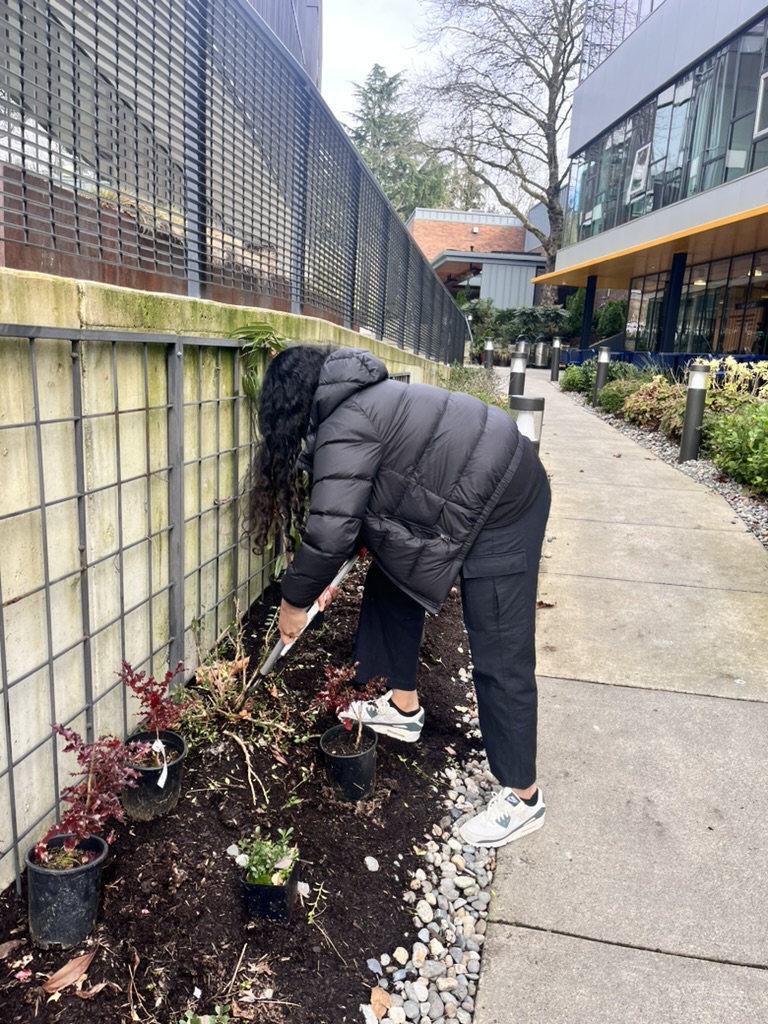
Appreciate the insights and wisdom. Before we dig deeper and ask you about the skills that matter and more, maybe you can tell our readers about yourself?
In 8th grade my close friends and I were forced to take an environmental class. I especially, was not happy with the fact I had to take a class about climate change rather than take an elective I cared about. After all, what is there more to learn about climate change other than global warming, recycling, and compost?
In just three months we learned much more about environmentalism that I ever thought there was. We learned about the injustices and the importance of intersectional environmentalism, how communities of color and places in poverty are disproportionately affected by the climate crisis. Enraged how I was never taught this before, I wanted to do something. I felt powerless. After getting rejected from multiple nonprofits, I felt like I couldn’t do anything. It felt like my skills were useless, that I wasn’t smart enough. Even other youth led initiatives rejected me because I had no experience.
But if anything, “no’s” can be a motivation for another path. Just because one door is closed, doesn’t mean that all are. If anything, I am glad it worked out this way. After all my rejections, I reached out to a couple of my friends who won a video contest we participated in as part of that environmental class. They were volunteering for another youth led nonprofit I got rejected from. I remember randomly asking, “do you want to form our own org?” And thats how EcoLearners was born.
In late 2019 I cofounded an environmental nonprofit called EcoLearning Together. We are a youth led organization that works in restoration and climate education throughout the world. Youth are essential for climate activism as we are the generation experiencing the effects of the climate crisis the most.
Our original product was a horrible blog. Featuring giant splotches of pink and purple, we wrote incredibly silly articles that nobody read. Throughout the course of the next few years, we would open our chapters and work on hands-on restoration with schools throughout the world, bringing in educational aspects. Climate change is barely taught in schools, and in many cases is banned from curriculum. Our goal is to incoporate climate education with hands-on activites to make environmentalism a fun subject to learn about, but also one that emphasizes immediate action for all.
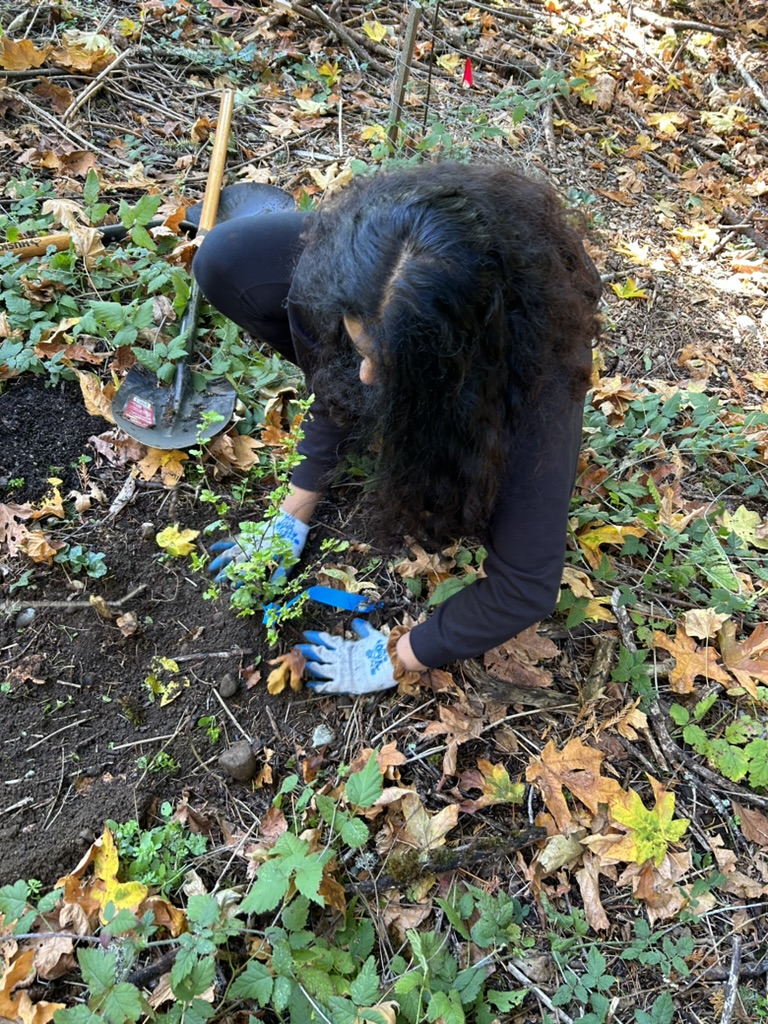
If you had to pick three qualities that are most important to develop, which three would you say matter most?
I think in terms of skills it was perseverance, curiosity, and compassion.
I feel like being a leader of anything, or formulating anything requires you to have all three aspects. And I am still working on them too, but its important to try our hardest at them.
When managing other people, it can feel frustrating, especially for something just starting out. You want to yell at people who are inactive, people aren’t seeing your views either for the company. But compassion brings you all a lot closer together. There is going to be hundreds of people rejecting you, and having compassion for one another makes it easier to get over it.
Perseverance is much easier said than done. But if anything, the rejections bring you strength. It teaches you something, and when you learn from it, you get closer to perfecting it. I feel that the places I got rejected from, I am actually glad I didn’t have to work with them.
Curiosity helps you stay passionate about what your building. You don’t need to know all the answers, because we are all constantly learning.
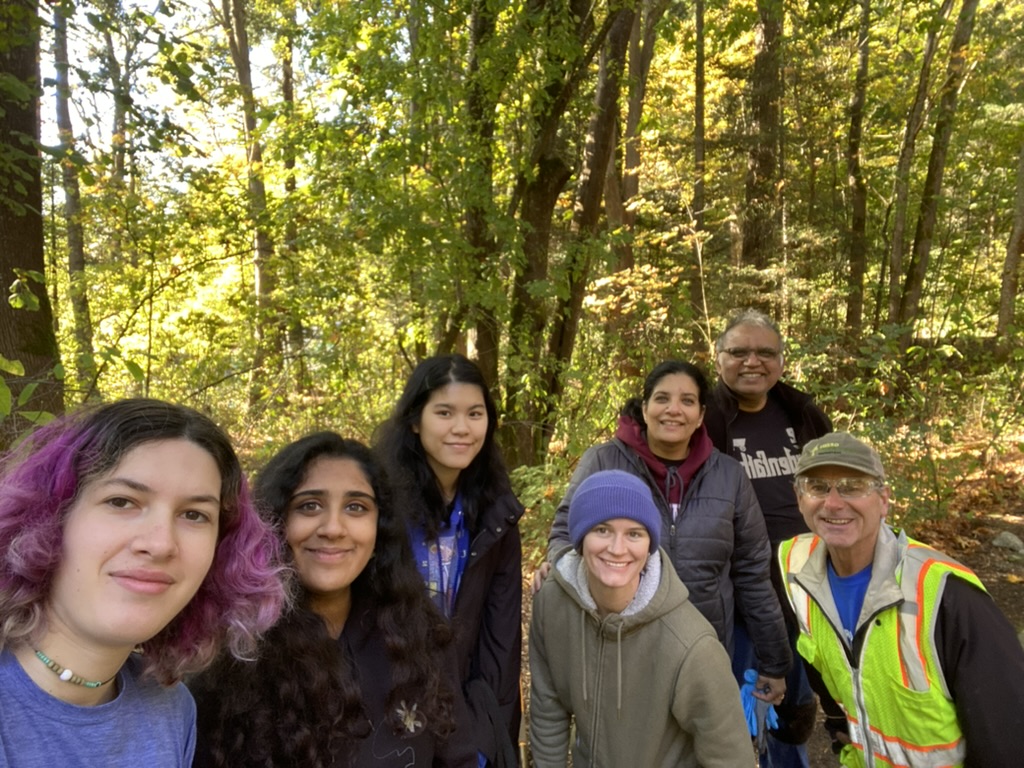
What do you do when you feel overwhelmed? Any advice or strategies?
I get overwhelmed a lot, especially as a person with anxiety. In addition, a lot of the work I do can be very stressful and apocalyptic feeling.
I always think about how to create a safe bubble for myself. It took me 18 years and I am still learning – and my bubble doesn’t always work – but so far I have been able to use music as a way for me to escape. Playing violin and piano creates this shield around me where nothing else can enter. It forces all my thoughts and worries deep down and makes me focus on whats in front of me – the music. And whenever I can’t play, I create stories in my head. Those stories envision what I want to be in a completely different world.
Finding something like that, where you can just focus on the now, is the best way to deal when you feel overwhelmed, in my opinion. You have to try a lot of things to get there, and it can be ever-changing, but having something you can just resort to, as a comfort (can even be a movie), is a strategy I recommend.
Contact Info:
- Website: https://eolearners.org
- Instagram: sanjanaxms, or @eco.learners
- Linkedin: https://www.linkedin.com/in/sanjanasatagopan/
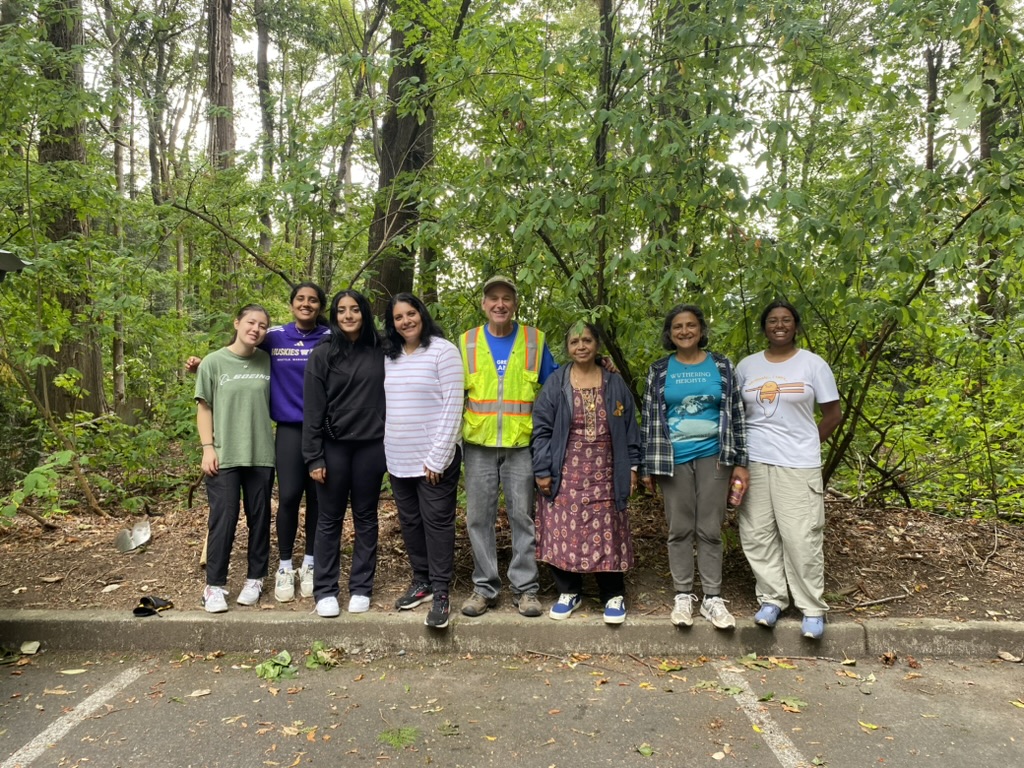
so if you or someone you know deserves recognition please let us know here.

